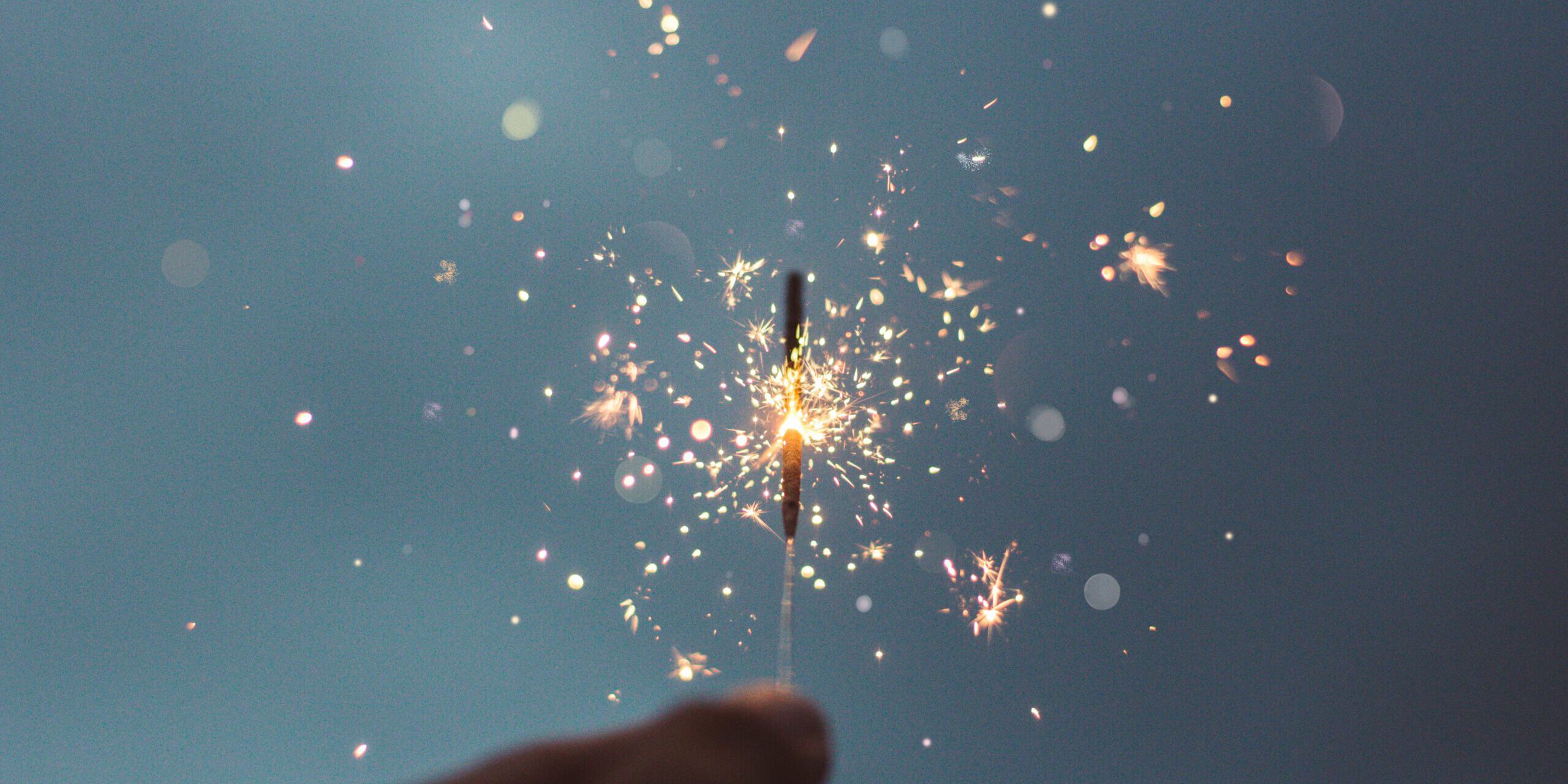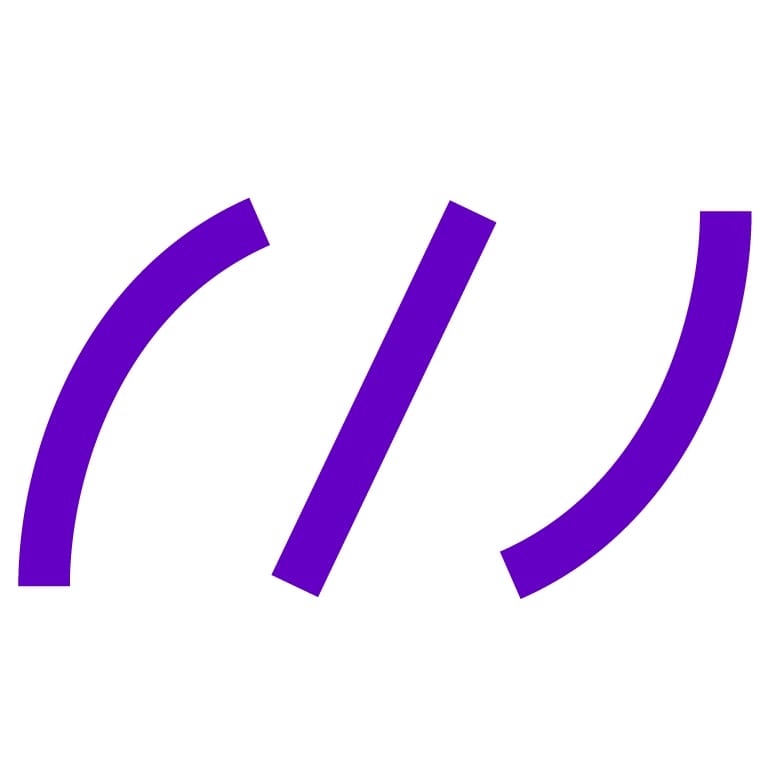A neuroscientific perspective at why it is so hard to stick to your goals.
Did you sit down at the beginning of 2021 to formulate your New Year’s Resolutions? We have probably all been there. We sat down with the clear intention to stick to our plans for the rest of the year. Those resolutions are often related to living more healthily, working out more, or to doing a certain course to take a next career step. However, as the year and our daily lives regain speed, we often lose those resolutions out of sight.
In order to prevent that from happening, it can help you to find an ally.
The good news is: You do not have to search for that ally in the outer world.
It is, in fact, part of you. Now, let’s talk about how you can make your brain your greatest ally in making your New Year’s resolutions real.
1) Forming new habits
Habits are like autopilots which your brain enables without much effort. Think about cleaning your teeth in the morning. You do not have to think much about how it works. Instead, as you are cleaning your teeth you can allow your thoughts to wander.
Put differently, your habits are comparable to a perfect match of stimulus (in this case: Wanting to clean your teeth) and response (i.e., cleaning your teeth). Through the automatic matching of stimulus and response, you can easily repeat the act of cleaning our teeth in a comparable environment at any time.
In order to establish new routines or habits, it therefore makes sense to connect an old habit with a new one. Let’s take lunch as an example. You are used to having lunch and want to eat more healthy. To do so, try to eat an apple after lunch and, thus, link the old habit with the new one. Repeat that until you grab your apple automatically and without much thought.

2) Happiness forms new neuronal networks
This brings us to the next point:
The decision of eating an apple is made in the prefrontal cortex and initially requires the processing of more complex and elaborate information. In order for this process to become automatic, the dorsal striatum becomes necessary. It is part of the cerebrum and responsible for learning processes. It especially reacts positively to rewards triggered by which it releases dopamine.
In other words:
When you eat your apple with happiness and indulgence, you stimulate a positive learning experience and increase the establishment of new connections in your brain.

3) Internal motivation is stronger than external validation
Humans tend to strive for external validation more than internal validation. However, research confirms:
The more you can celebrate your new habits internally, the faster new habits will be formed. Hence, try to find the meaning in your goals and resolutions and be happy about achieving your goals. In addition, allow yourself to set small and achievable goals, which you write down and validate on a regular basis, e.g., once a week. To do so, you can set yourself a reminder in your calender to sit down with yourself and to revise and celebrate! your achievements.

In a nutshell
Your brain can become your strongest ally. There is no general rule as to how long it takes to form a new habit. It may take you 5-7 days or up to 8 weeks. But when you try to enjoy the process of forming this new habit, you link it to positive experiences.
Thus, you support yourself with kindness and compassion in changing yourself step by step.

